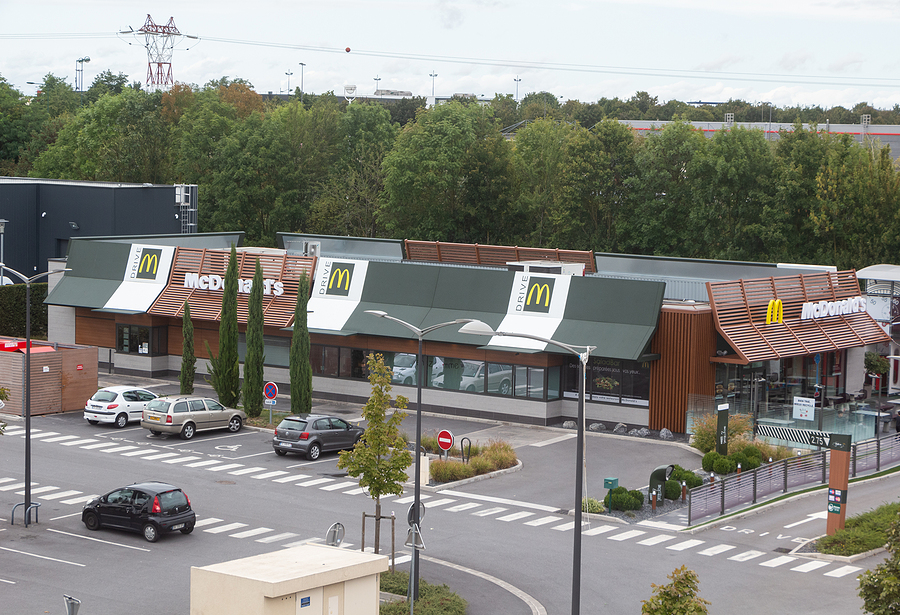Cory Odom, Colorado State University.
I squint as I look around, small family shops and restaurants are all I see… but in the distance I see a beacon of hope. Golden lights, or arches would be a better description. As I walk through the double doors aroma takes me and brings me to a familiar place. Brings me home.
“Hola, bienvenidos a McDonalds.”
Oh, right. The rapid Spanish breaks me out of my lucid trance. Now flustered I stare at the menu, maybe I would go with my usual. A couple McDoubles off the dollar menu. Well, alright. That doesn’t exist here, but as my eyes continue to scan the giant menu above the head of the employee I see that beer is an option in Spanish McDonalds. I believe that this perfectly describes Spanish culture. They don’t need excess of fatty food for a dollar, making the McDouble unnecessary, but beer is available. Beer, an inherently communal beverage pushes towards group gatherings with friends and family and not eating a ridiculous amount of food. The globalization group at McDonalds knows that… or maybe they just know that everyone likes to get drunk.
Spain isn’t the only place where McDonalds changes their menu to suit local needs. In India, for example, where certain cultures are against the eating of beef, there are vegetarian or non-beef options. What al this teaches you, as a future business leader is that it is important to truly understand the culture of where your shops are going to be in order to be as successful as possible. If you suit the product to the consumer’s needs, the sky is the limit for your potential. While not always the best business role model, McDonalds is a strong figure to look towards when it comes to globalization.

